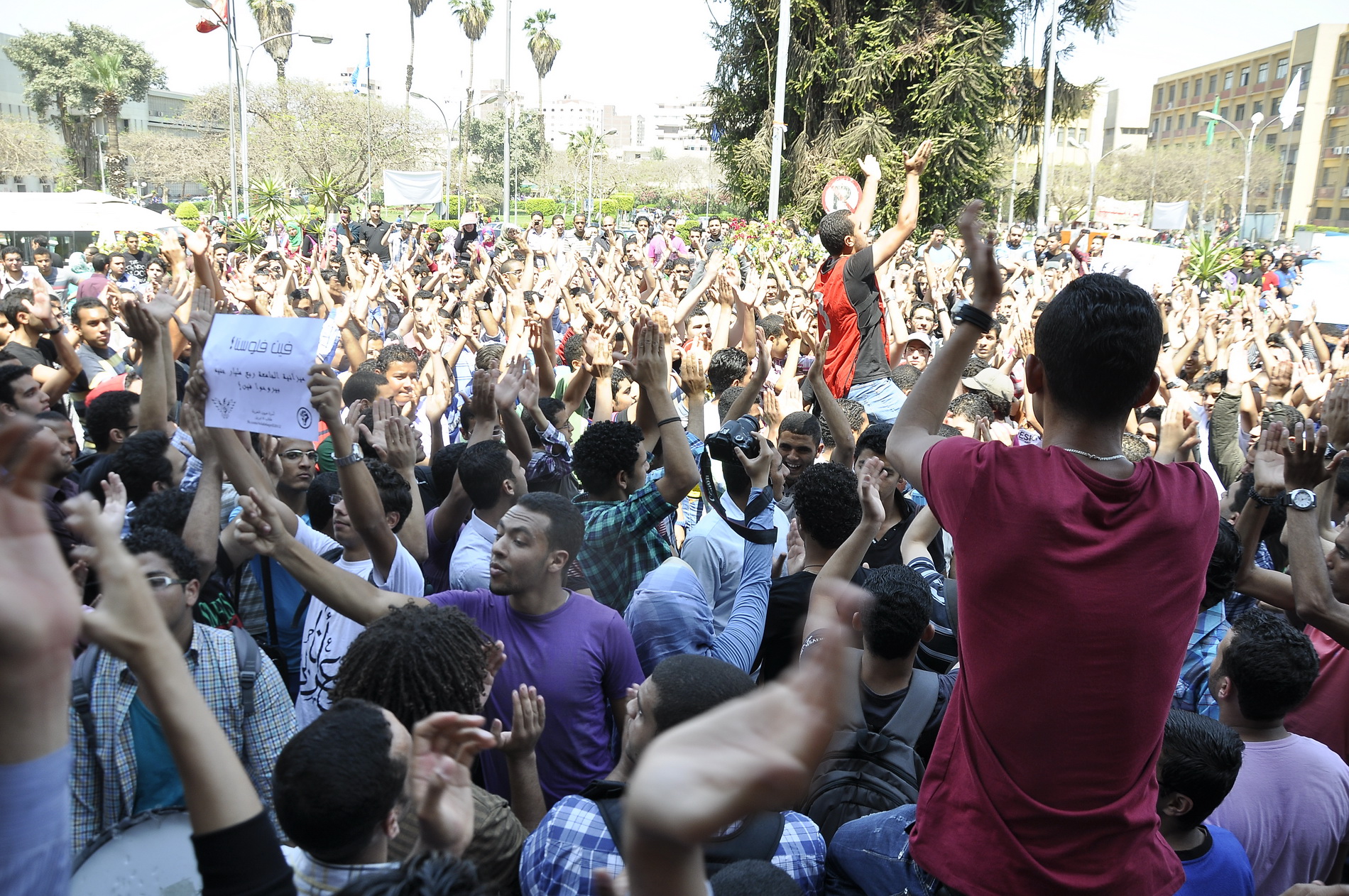CAIRO: Egypt s Supreme Administrative Court yesterday upheld, definitively, the right of Egyptian Bahais to obtain personal identification documents without falsifying their religious beliefs.
“I m extremely happy – especially given that we spent five years trying to obtain this verdict, Raouf Hindi, one of the applicants in the case, told Daily News Egypt.
Hindi s teenage twins Emad and Nancy have been unable to obtain birth certificates and have been prevented from enrolling in school as a result, forcing their father to send them to school in Libya.
“I hope that it will contribute to solving the legal death which Egyptian Bahais are currently experiencing, Hindi continued.
Yesterday s verdict upheld the ruling issued in January 2008 by the Administrative Court which allowed Bahais to leave the religious affiliation field on birth certificates and identity cards blank.
That verdict was subsequently appealed by a number of lawyers. The Interior Ministry has relied on these appeals since January 2008 in order to justify the continued application of the policy implemented from 2000 onwards (when computerized ID cards and birth certificates were introduced) which prevented Egyptian Bahais from obtaining or renewing these documents unless they falsely list their religion as Muslim, Christian or Jewish.
Without these documents Egyptian citizens cannot access state services such as healthcare and education, and face criminal penalties if they fail to produce an ID card on request by a police officer.
“The importance of today s verdict is not merely that it puts an end to the suffering of hundreds of Egyptian citizens who have been forced to enter a lengthy and unnecessary legal battle against an arbitrary and discriminatory government policy. Rather, the court verdict is a victory for all Egyptians who believe in the equality of citizens before the law regardless of their religious beliefs, Adel Ramadan, a lawyer with the Egyptian Initiative for Personal Rights (EIPR) that brought the case forward, said in a statement issued yesterday.
EIPR s case against the Interior Ministry relied on the argument that forcing Bahais to list their religion as one of the three religions officially recognized by the state constitutes a violation of the right to freedom of belief, equality and privacy, in addition to being a violation of Islamic Sharia.
The case which was brought to an end yesterday follows an earlier, unsuccessful, action brought by EIPR in 2004 which sought to allow Egyptian Bahais to list their religion as such in official documents.
The Administrative Court ruled in favor of Bahais in April 2006, but this verdict was subsequently overruled on appeal in December of the same year.
Ramadan says that he hopes the Interior Ministry will begin implementation of the verdict in the very near future.
“The Interior Ministry has no legal channels for challenging this final verdict, and can no longer rely on the excuse of the appeal which was before the Supreme Administrative Court as an excuse to deny Bahais official documents, Ramadan said.
“EIPR will begin the procedures for implementation of this verdict tomorrow, he said. This includes a meeting with officials regarding the implementation of the verdict within personal status laws.


